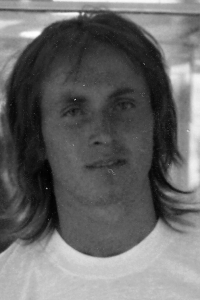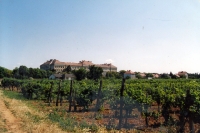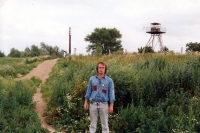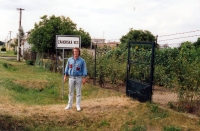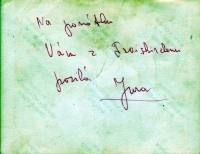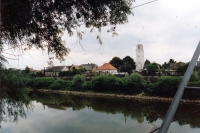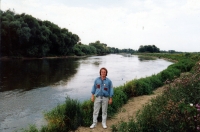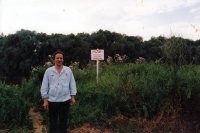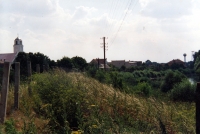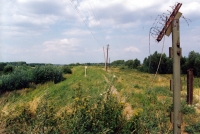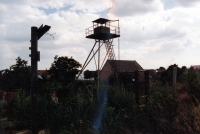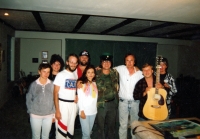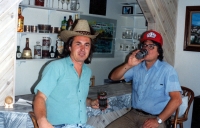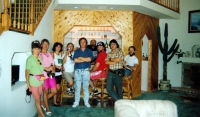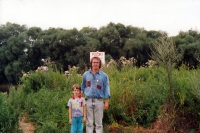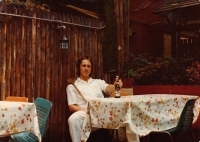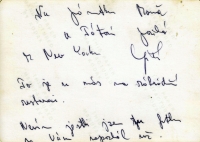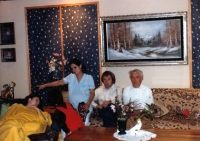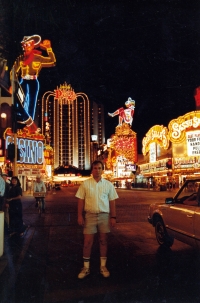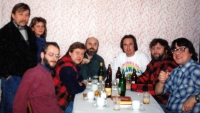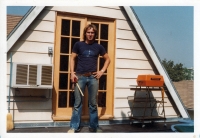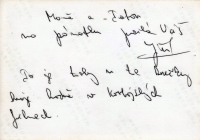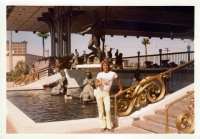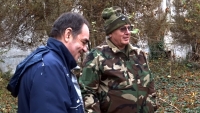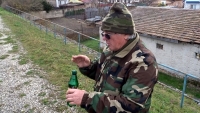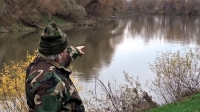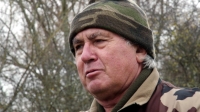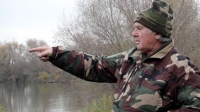I had to escape. I couldn’t serve the devil’s system

Download image
Jiří Barteček was born on 7 April 1954 in Petrovice u Karviné. He was brought up in a Catholic environment in a village on the border with Poland. In 1968 he witnessed the occupation of Czechoslovakia by the Warsaw Pact armies. He trained as a plumber and worked in track-safety division for the railways. Already during his apprenticeship, he had started planning his emigration; the first attempt via Poland on a fishing boat to Sweden, and then through Yugoslavia. These plans always managed to fall through. In October 1974 he signed up for the border guard in Malacky in southern Slovakia. He trained as a dog-handler and served on the border with orders to shoot to kill. On 12 September 1975 he swam across the Morava River at night and while on duty managed to take two civilians along with him to Austria. He spent time in the refugee camp Traiskirchen, near Vienna. In Czechoslovakia he was sentenced in absentia to twenty-six years in prison. In April 1976 he travelled to the USA, where he started a family and built up a construction company.
